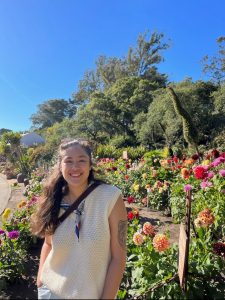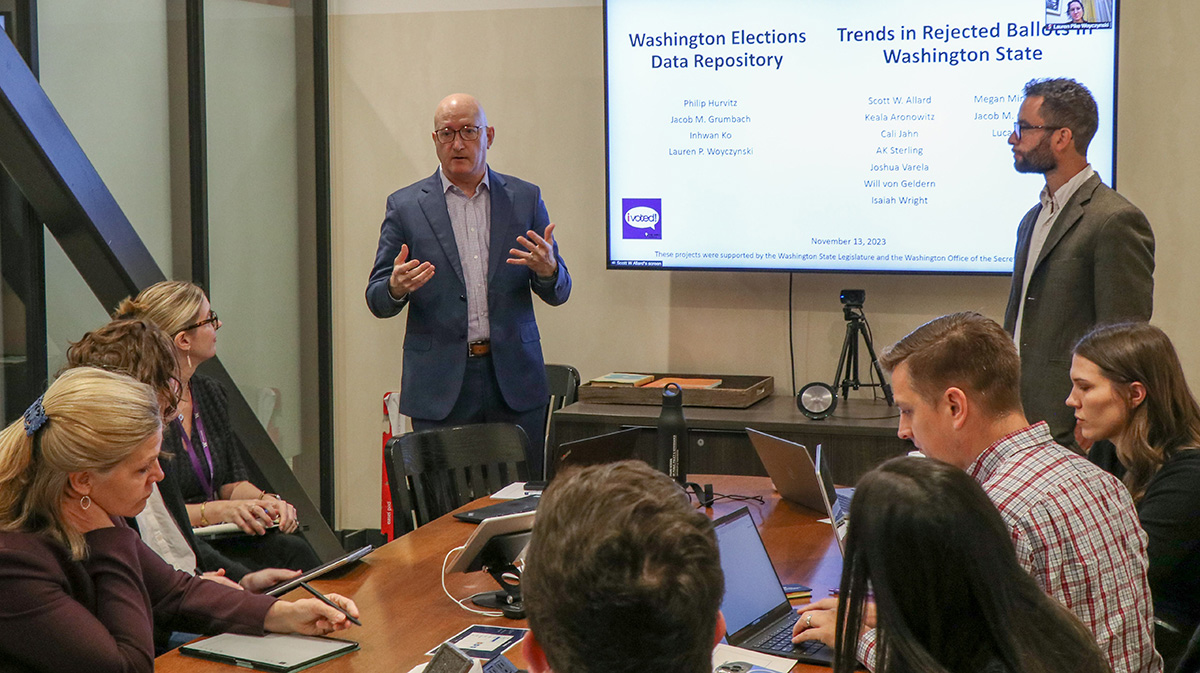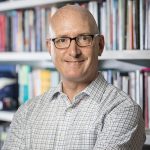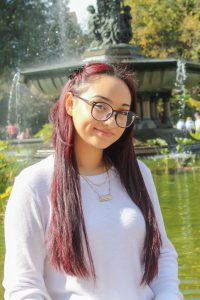
- Pronouns: She/Her
- Hometown: Mansfield, Texas
- College/University: Tulane University
- Major: International Relations & Business Management
- Track: Residential
Tell us about your story
Hello, I Ayanna Hill, am a rising senior from a city right outside of Dallas, TX. I seek to explore and better the world around me through furthering my education and working to serve my local and global community. Known as Ms. Worldwide by many of my friends and family, I have explored various countries through my collegiate career, and as the first in my family to leave the U.S. I have used that time to further my interest in International Affairs and studying the Afro-Diaspora throughout Latin America. Upon graduation, I seek to pursue a career in International Affairs through either the federal government or non-profit organizations.
What path did you take when you first started college?
Before entering college I had three main goals;
- Pursue a major in International Relations
- Study abroad
- Be active on campus.
When I entered my university I was selected to join a scholar program that helped outline the path I would take for the next four years at my university. Through this program I selected two distinct majors: International Relations and Business Management which I pursued alongside intensive language courses. These courses prepared me for a year aboard which is a cornerstone of the scholar program and through my collegiate experience I have been fortunate to study abroad in 4 different countries, Mexico, Colombia, Spain, and the Dominican Republic.
What made you consider a career in public policy/public service/international affairs?
Growing up my family was always very tuned in to the political climate of the nation, with news channels consistently playing when I entered the home. This established my awareness of politics, but it was not until high school and I joined my school’s debate team that I truly began to establish my interest in a career within the field of international affairs. I was pushed to research and establish opinions on a wide range of domestic and international topic areas, which allowed me to become engrossed in the field which I then decided to major in when I went to high school. I dreamed of working in the government to make change in the areas I debated and changing the world around me for the better.
Who inspires you to think about public service?
My family and every new community I establish myself in both within the U.S. and abroad.
What are you most excited about the JSI program at UW?
A major reason I wanted to participate in the program at UW specifically was the emphasis that UW places on providing opportunities for students to see the effects of public policy within the Washington area through interacting with those communities. Thus, I truly look forward to witnessing how the courses that I take are then reflected in the community around me. I also am really excited to learn more about the Seattle area, as I have never had the opportunity to explore the Pacific Northwest.









